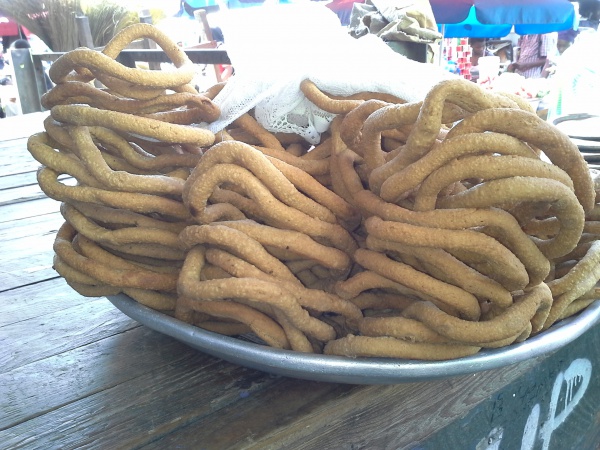Facts About Kuli-kuli
Kuli-kuli is a cherished West African snack made primarily from peanuts. Originating from the Nupe people of West Africa, it is widely enjoyed in countries such as Nigeria, Benin, northern Cameroon, and Ghana. This crunchy delight can be savored on its own or paired with garri, sugar, and water—a combination known as "garri soakings"—or served alongside traditional dishes like Hausa koko, fura, and kamu. It also finds its way into salads and dishes such as Suya and Kilishi.
The process of making kuli-kuli begins with roasting and grinding peanuts into a paste called "Labu." This paste is then mixed with spices, salt, pepper, and occasionally a touch of sugar. To remove excess oil, the paste is washed with water before being shaped into balls or cylinders. Adding potash to the oil during frying helps to extract more oil, thereby extending the kuli-kuli's shelf life.
In Ghana, kuli-kuli is a popular crispy snack, with variations in ingredients and shapes depending on the region. It is often found in Zongo communities and among the Mole-Dagomba people in the country's northern regions.
Kuli-kuli production holds significant economic value, particularly for women who grow peanuts, extract oil, and produce and sell kuli-kuli. The snack is rich in proteins, magnesium, phosphorus, and vitamin E, offering several health benefits.

 Niger
Niger